CLIMATE CHANGE AND
AGRICULTURAL
İqlim dəyişikliyi və
kənd təsərrüfatının
Изменение климата и
сельскохозяйственное
CLIMATE CHANGE AND
İqlim dəyişikliyi və
Изменение климата и
Climate change and agricultural forecasting
Agriculture is a rather risky and difficult to predict field of activity due to its high sensitivity to the effects of climate and market factors. In terms of ensuring the sustainable development of the agricultural sector, it is required to correctly assess and forecast the effects of these factors, and to make both farm-level business decisions and effective sector-specific policy decisions related to agricultural activity based on these forecasts.
Currently, numerous studies are being conducted on predicting the effects of various factors on agriculture. It includes a wide variety of studies, from making forecasts of productivity, production, sales, import/export based on climate (temperature, precipitation, humidity, etc.), price, demand/supply and other data, to making macroeconomic forecasts based on modeling of many complex processes. Especially the research conducted by European Union countries on modeling and forecasting in the field of agriculture is noteworthy. In these countries, rich experience has been accumulated in the field of evaluation of economic activities related to agriculture through various simulation models (AGMEMOD, CAPRI, AgLink Cosimo, etc.). Based on the study of this experience and the results of research conducted in the considered direction, making rational decisions on the agricultural sector contributes to the effective provision of food security, which acts as one of the most important problems for the world as a whole.
In this regard, there is a need to exchange knowledge and experiences related to the predictions made by individual scientists, researchers and other experts and organizations in the field of agriculture, as well as the methodologies used for conducting these studies.
The Agricultural Research Center under the Ministry of Agriculture of the Republic of Azerbaijan organizes an international conference called "Climate change and agricultural forecasting" in order to share these experiences and bring together researchers and experts from different countries of the world.
The main purpose of the conference to organize an a platform to exchange knowledge and experiences related to modeling and forecasting methods applied in the field of agriculture in developed countries with other countries of the world, to provide access to research works and analysis tools related to the field, as well as to expand international and regional cooperation in the field of scientific research.
Within the framework of the conference, discussions will be organized for the participants to gain information and practical knowledge about the models and forecasting methods applied by the European Union countries in the field of agriculture, as well as the experiences, conceptual approaches and practical knowledge available in the field of agricultural modeling and forecasting in other countries.
The conference will be held in Baku on September, 2024 in a hybrid (offline and on-line) format.
Taking into consideration the opinion of the Scientific Committee and the desire of the conference participant, the costs of physical participation in the conference will be covered by the partners of the Agricultural Economics Research Center under the Government of Azerbaijan and the Ministry of Agriculture.
The conference is planned to be organized in the following sections:
Members
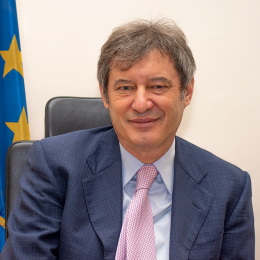 Guest Speaker
Guest Speaker
Director-General at the Consiglio per la Ricerca in Agricoltura e l’analisi dell’Economia agraria (Council for Agricultural Research and Economic),
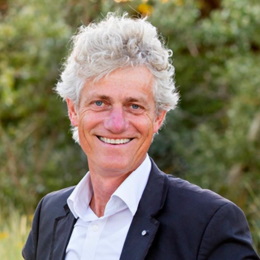 Guest Speaker
Guest Speaker
Wageningen University & Research, senior scientist; economist
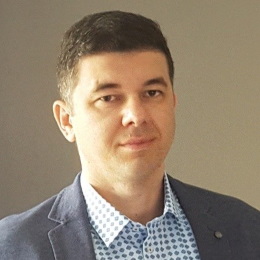 Guest Speaker
Guest Speaker
University of Zagreb, Faculty of Agriculture, Croatia
 Guest Speaker
Guest Speaker
Middle East Technical University, Department of Economics
 Guest Speaker
Guest Speaker
Director of the Information Systems Directorate at AKI Institute of Agricultural Economics
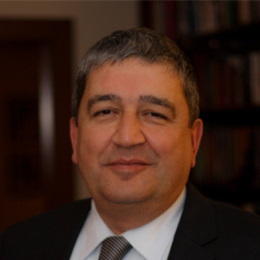 Guest Speaker
Guest Speaker
Middle East Technical University, Department of Economics
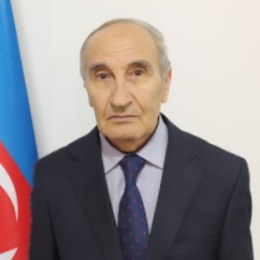 Guest Speaker
Guest Speaker
Advisor to the director of the Agricultural Research Center, doctor of sciences in economics
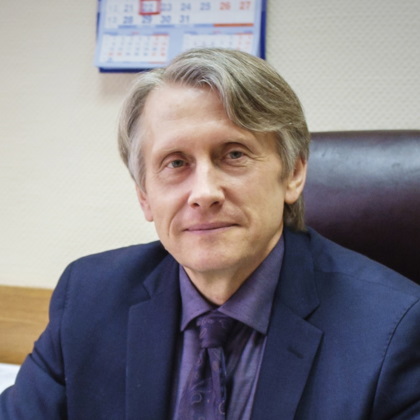 Guest Speaker
Guest Speaker
All-Russian Institute for Agrarian Problems and Informatics (VIAPI)
 Guest Speaker
Guest Speaker
Dean of the Faculty at Kyiv School of Economics
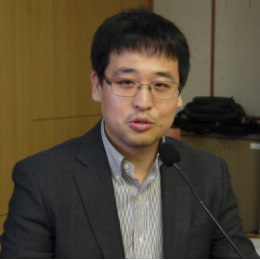 Guest Speaker
Guest Speaker
Korea Rural Economic Institute (KREI)
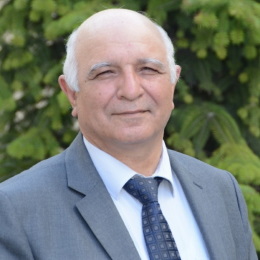 Guest Speaker
Guest Speaker
Advisor to the director of the Agricultural Research Center, doctor of sciences in economics
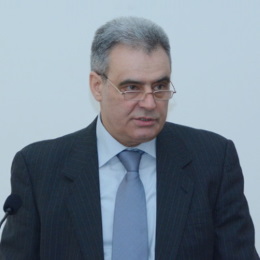 Guest Speaker
Guest Speaker
UNEC, the Department of Business Management, doctor of sciences in economics
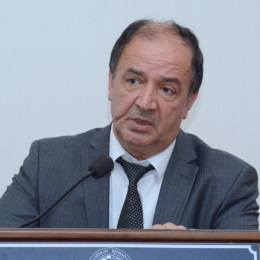 Guest Speaker
Guest Speaker
University of Economics (UNEC), Azerbaijan, doctor of sciences in economics
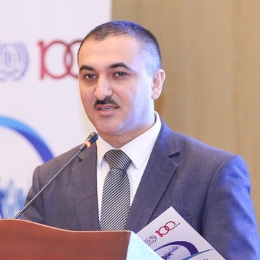 Guest Speaker
Guest Speaker
Deputy director of the Center for Analysis and Communication of Economic Reforms, Azerbaijan, doctor of sciences in economics
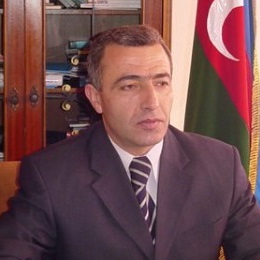 Guest Speaker
Guest Speaker
Chairman of the Center for Local Economic Development
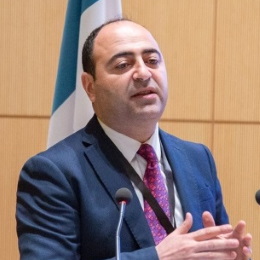 Guest Speaker
Guest Speaker
Director of the Agricultural Research Center, PhD in economics
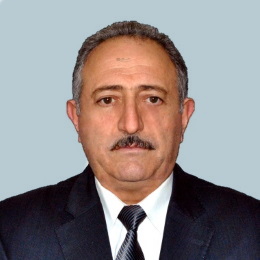 Guest Speaker
Guest Speaker
Baku State University, Azerbaijan, doctor of sciences in economics
 Guest Speaker
Guest Speaker
Deputy director of the Agricultural Research Center, PhD in economics
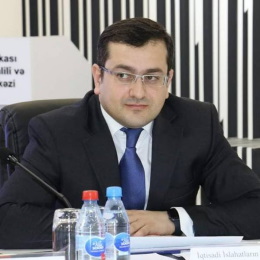 Guest Speaker
Guest Speaker
Khazar University, Azerbaijan, PhD in economics
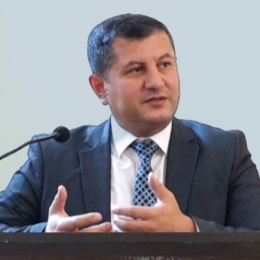 Guest Speaker
Guest Speaker
Department of Agrarian Economics, ASAU, Azerbaijan, PhD in economics
Articles reflecting the results of scientific research conducted using statistical, econometric, machine learning and other modeling methods on agricultural economy and food security problems should be sent to the conference.
Research papers may cover the following topics of national, regional and global importance related to agricultural development and food security issues:
Weekdays 9.00 — 18.00.